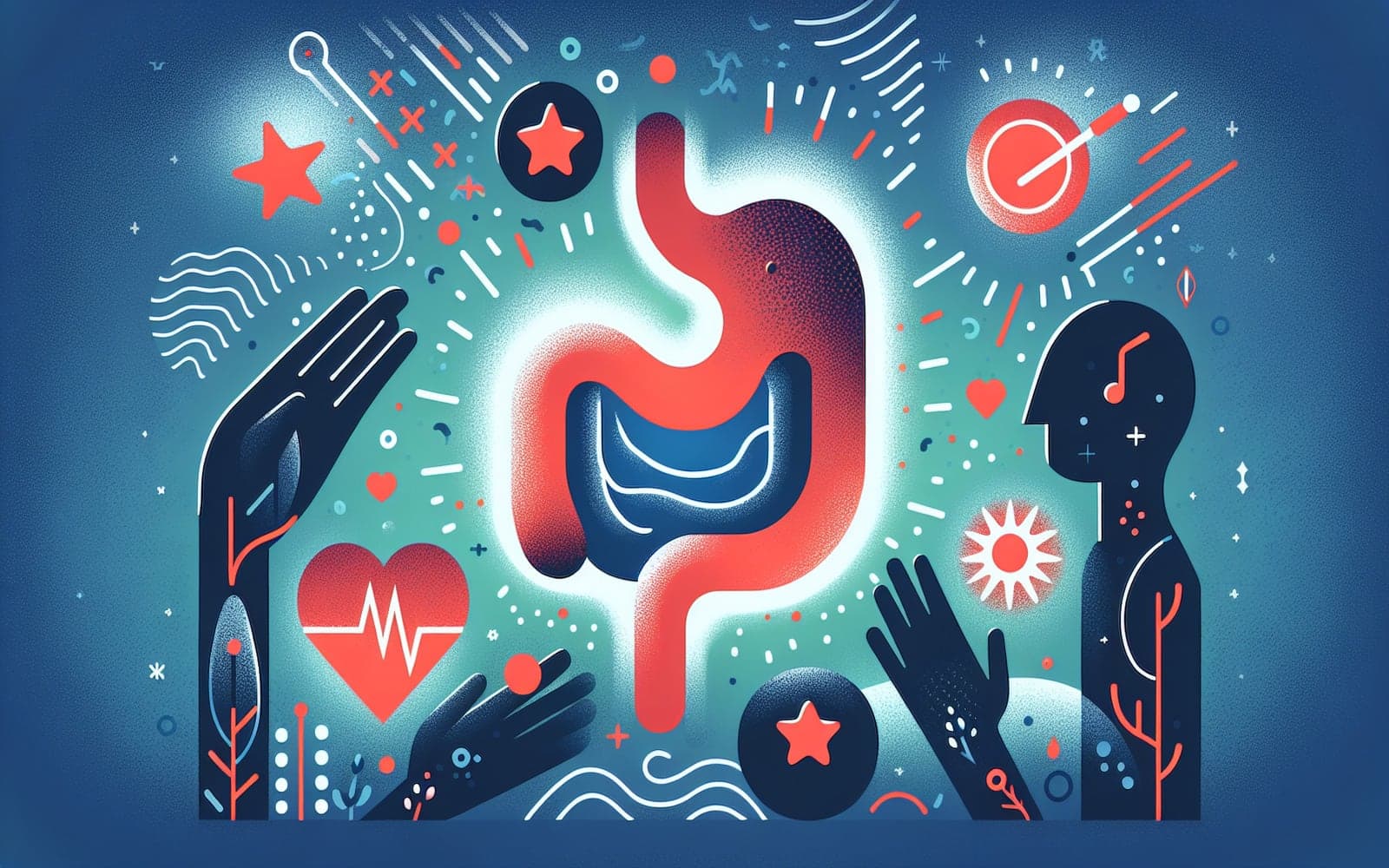What is Dyspepsia and How Does it Affect You?
Published: Jul 19, 2024

Medically reviewed by Alan Lucks | MD, Alan Lucks MDPC Private Practice - New York on July 19th, 2024.
Dyspepsia, often termed indigestion, affects many people around the globe, causing discomfort and impacting quality of life. Understanding its causes and how to manage it can bring relief and improve daily living.
Contents
What Causes Dyspepsia?
Dyspepsia can stem from various sources, with about 25% of cases linked to underlying diseases like peptic ulcers or gastroesophageal reflux. Surprisingly, up to 75% of cases are functional, meaning no specific cause is found. Common triggers include certain medications, stress, and dietary habits.
Recognizing the Symptoms
Symptoms of dyspepsia can vary but often include upper abdominal pain, bloating, and nausea. Some might experience early fullness when eating or a burning sensation in the stomach. Recognizing these symptoms is key to seeking appropriate treatment.

Diagnosing Dyspepsia
Diagnosis involves a detailed history and physical examination, sometimes followed by tests. Doctors look for 'alarm features' like significant weight loss or persistent vomiting, which might suggest a more serious condition requiring further investigation.
Frequently Asked Questions
Dyspepsia is a term for indigestion, causing discomfort in the upper abdomen.
Symptoms include upper abdominal pain, bloating, and nausea.
Diagnosis involves a medical history, physical exam, and sometimes tests.
Yes, especially if 'alarm features' like weight loss are present.
Key Takeaways
Understanding dyspepsia is the first step to finding relief and improving your quality of life.
Chat with Doctronic today to learn more about managing dyspepsia effectively.Related Articles
References
Ford AC, Marwaha A, Sood R, Moayyedi P. Gut 2015; 64:1049.
Barberio B, Mahadeva S, Black CJ, et al. Aliment Pharmacol Ther 2020; 52:762.
This article has been reviewed for accuracy by one of the licensed medical doctors working for Doctronic. Always discuss health information with your healthcare provider.

